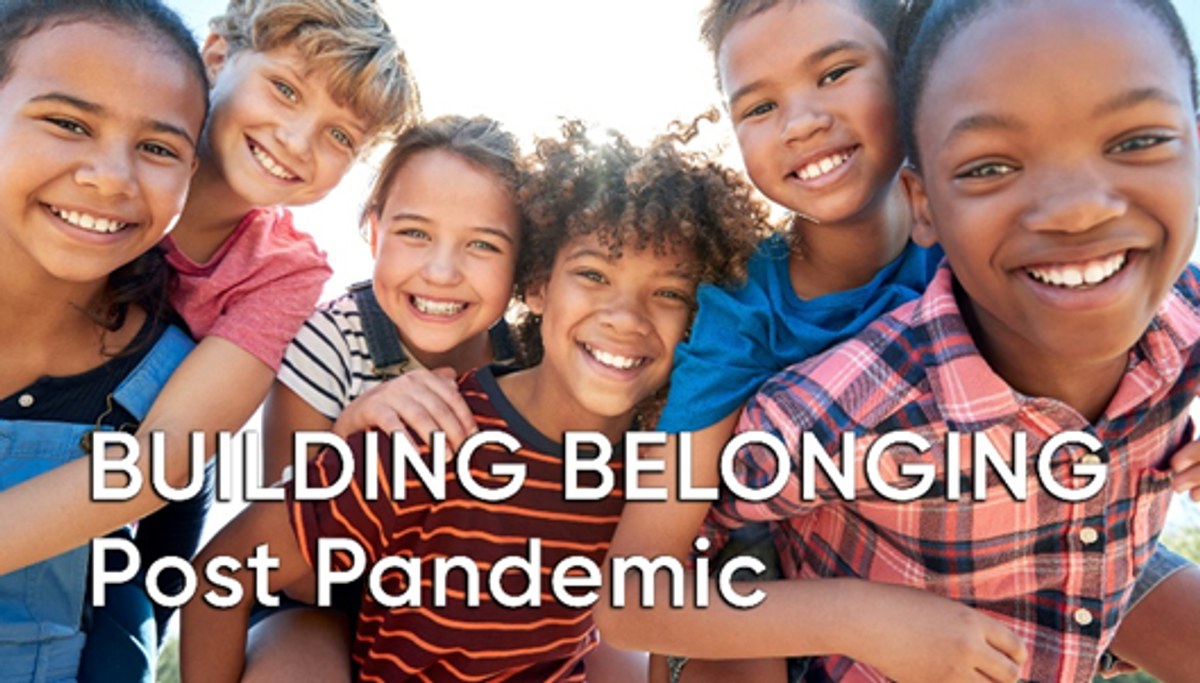College Counsellor/Wellbeing

Friendship & Belonging
Positive friendships help young people develop important social and emotional skills. Friendships give young people a sense of belonging, help them to feel valued and develop self-confidence.
A positive peer group is considered the best predictor of wellbeing in young people.
It is important for adults to model healthy friendships; demonstrating how to speak to people, how you want to be treated and how friends should make you feel. But at the same time recognising that some friendships are just not meant to be. We are not everyone’s cup of tea.
Encourage your child to seek out the qualities they look for in a friend. Guidance from adults will help their friendships to flourish and have meaning while remembering friendships have ups and downs, and it is important for young people to learn how to manage and build their own friendships, even though as an adult you may be tempted to interfere.
There are many ways parents and carers can provide support in the development of positive friendships. Further information and advice can be found here.
Having a sense of belonging involves more than simply knowing other people. It is also focused on gaining acceptance, attention and support from others, as well as having the opportunity to provide the same to other people. When the pandemic interrupted our lives and changed the way we live, this meant that suddenly many of our young people’s main sources of connection with peers and extended family members was removed overnight without warning. As human beings, we have a basic emotional and biological need for connection. It provides us with feelings of identity, security, support, acceptance and community.
Students who have a sense of belonging will experience these feelings which in turn supports their academic, psychological and social development. When young people come together again after a period of instability, there is a period of adjustment. Whilst the rules of the group may be established, acceptance remains paramount and can therefore mean some behaviours become far from rational, making it difficult for their brain to focus on things, such as learning. All these factors combined, leave young people open to being vulnerable. It can sometimes tempt them into making choices or becoming involved in situations they might not ordinarily consider.
As a result of the pandemic, there are still many young people struggling to connect and regain their sense of belonging. This School TV Special Report provides guidance to families who find themselves in this situation. We hope you take a moment to reflect on the information offered, and as always, we welcome your feedback. If this raises any concerns for you, a loved one or the wellbeing of your child, please seek medical or professional help.Here is the link to your special
report https://mccww.catholic.schooltv.me/wellbeing_news/special-report-building-belonging-post-pandemic
Karen Surian College/School Counsellor




